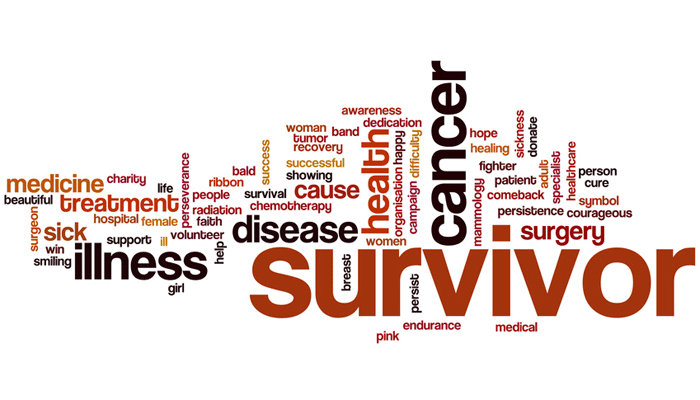
Most people experience normal changes in vision starting at middle age. Focusing on close work, such as reading, becomes more difficult. Driving at night is challenging. Some changes in vision, however, are signs of a more serious condition. The most common eye diseases of aging include cataracts, glaucoma, and macular degeneration. There are also vision…






